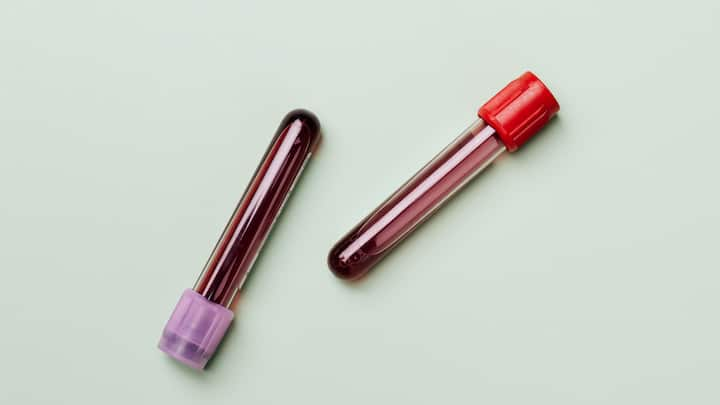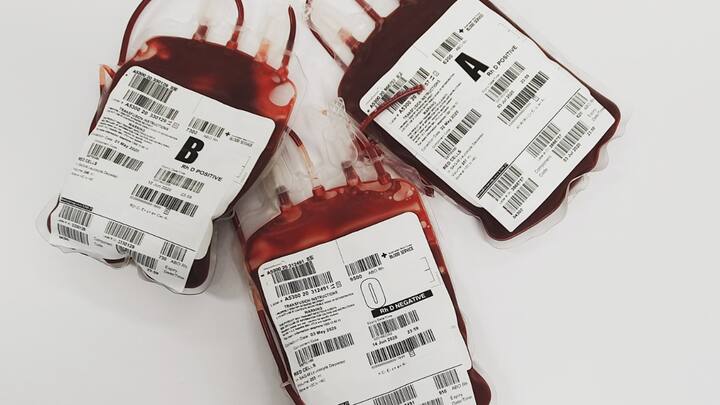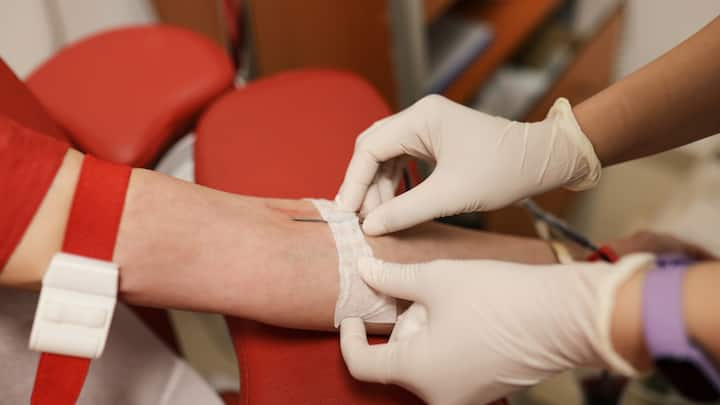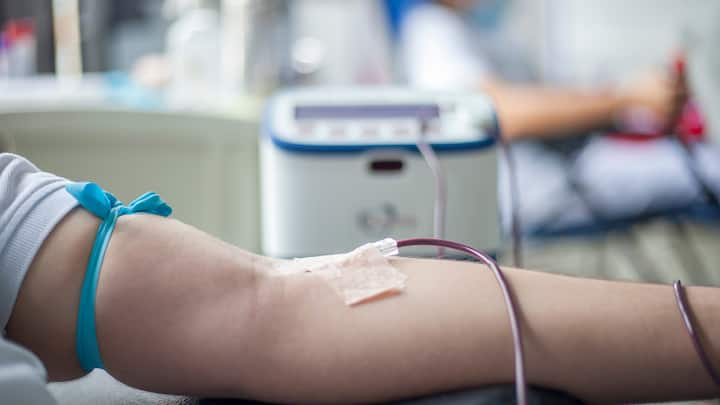Lower the risk of heart attack- Excessive accumulation of iron in your body can put you at risk of heart attack and stroke. But donating blood regularly helps to lower and manage iron levels in the body. Hence frequent blood donation may play a vital role in reducing risk of myocardial infarction – commonly known as heart attack. (Image Source: Canva)

Reduce risk of cancer- High levels of iron in the body may raise the risk of cancer. When you donate blood, it helps maintain healthy iron levels thereby minimizing your risk of developing cancer. Donating blood frequently is linked to lowered risk of certain forms of cancers such as liver, stomach, lung, colon and throat cancer. (Image Source: Canva)

The main function of liver is to detoxify harmful substances from blood stream but it can’t do this effectively when liver has a accumulation of oxidized iron. Excess iron can lead to cellular damage, which may cause liver cirrhosis and other medical issues. Regular blood donation can improve your liver health by removing excess iron from the body. (Image Source: Canva)

Help weight reduction- Blood donation can also play a significant role in weight loss and improving fitness in healthy adults. Donating a pint of blood i.e., 450 ml makes your body burn about 650 calories. Please don’t consider it as a weight reduction plan. Do regular exercise and incorporate nutritious foods in your daily diet. (Image Source: Canva)

Boost new blood cell production- Blood donation may promote the production of new blood cells. When you donate blood, your body’s system may start working within 48 hours of donation with the help of bone marrow. New blood cells are generated whereas all the lost red blood cells are replaced within a span of 30 to 60 days. Hence, donating blood may prove beneficial for your health. (Image Source: Canva)

Inputs by Dr. Meet Kumar, Director & HOD-Hemato-Oncology and Bone Marrow Transplant, Marengo Asia Hospitals, Faridabad. (Image Source: Canva)
Published at : 13 Jun 2024 09:17 PM (IST)










